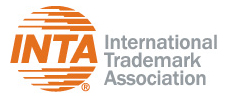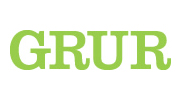Контора патентных поверенных в России
Мы практикуем с 1959 года во всех областях охраны интеллектуальной собственности в России: патенты, товарные знаки, промышленные образцы, полезные модели, указания наименований мест происхождения товара, авторские права, доменные имена, а также судебные споры по этим вопросам. Мы являемся официально зарегистрированными патентными поверенными с большим опытом международной работы, с широкими деловыми связями по всему миру. Мы ведем дела на английском, немецком, французском и русском языках.





